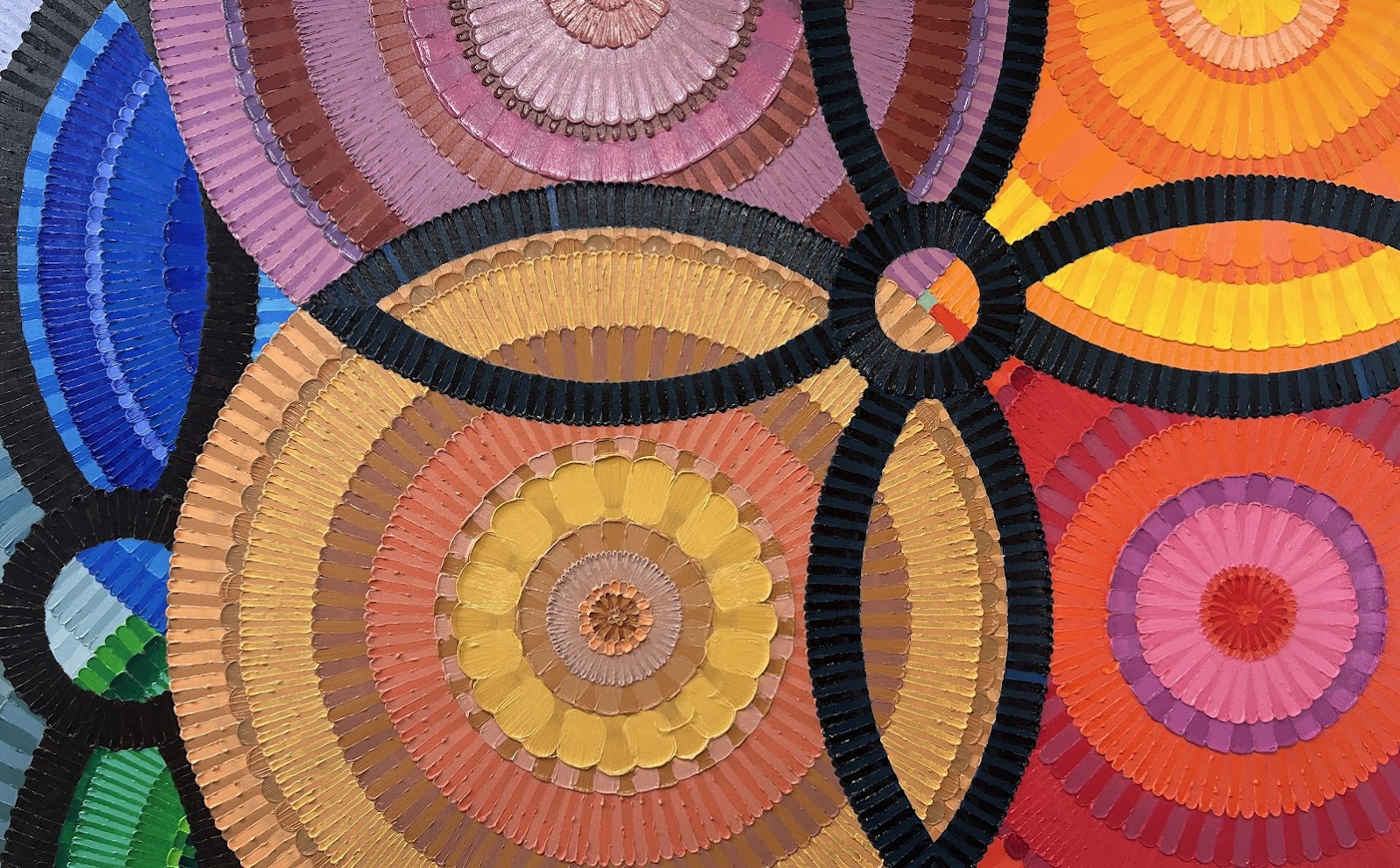
A Question of Justice: Rashied Omar
How can interreligious solidarity be harnessed as a force for justice?
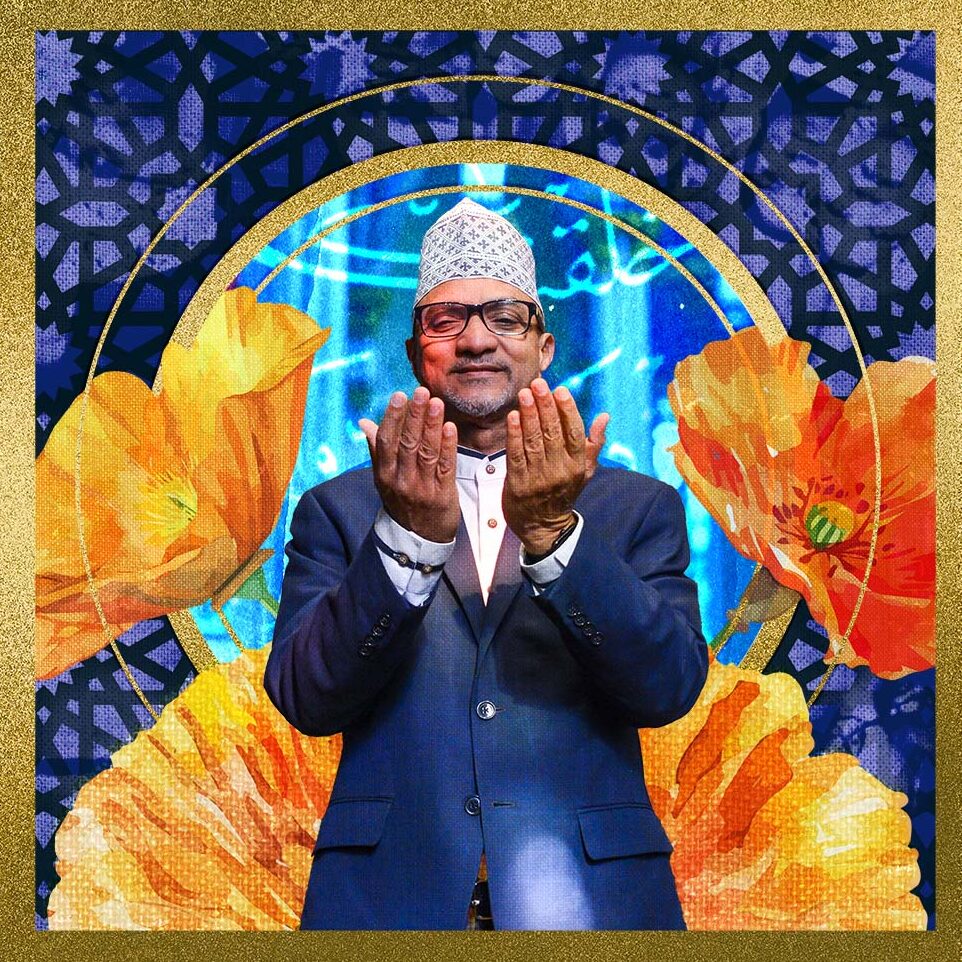
Sitting in the multifaith prayer room in Jenkins Hall at Notre Dame, Rashied Omar states, “Compassion emerges when we refuse to see those affected by injustice as abstract issues but rather see them as human beings.” For Omar, this is the goal of interreligious solidarity: “compassionate justice.”
Omar has pursued compassionate justice for half a century, taking him from an apartheid prison in South Africa to the halls of the academy at Notre Dame. And his work is far from over. “In these turbulent times, the work of interfaith solidarity is more urgent than ever,” Omar reflects. “We are witnessing growing sectarianism, rising nationalism, and deep societal divisions. In response, I see my role as helping to rehumanize our discourse.”
Overcoming apartheid through interreligious solidarity
Growing up in South Africa as the descendent of slaves, Omar experienced the brutal realities of systemic racism. “As a child classified as non-white,” he states, “I not only witnessed daily injustices but also saw the unwavering resilience of my community.” Raised Muslim, Omar was taught that Islam is about “not only personal salvation but also standing against oppression.”
As a high school student during the 1976 Soweto Student Uprising, Omar joined the youth-led resistance against the apartheid regime and faced police brutality and arrest. Enduring a traumatic ordeal in an apartheid prison, he shared prayers with fellow Muslims and people of other faiths or none. “During our imprisonment, we dug deep into our spiritual wells to sustain ourselves and not break,” Omar recalls. He describes how “the prison walls of apartheid became a crucible for interreligious solidarity in the face of oppression.” Denied bail, they were only released after a historic Supreme Court ruling.
When Imam Gassan Solomons, a leader in the anti-apartheid movement, was forced into exile, Omar was appointed his successor at Claremont Main Road Mosque in 1986. “Stepping into the role of imam after my mentor was exiled was nothing short of terrifying,” Omar reflects. “As a young leader, I felt the weight of that responsibility.” Omar fostered interfaith partnerships and advocated for “gender jihad,” the struggle for women’s inclusion in religious spaces. “I found solace in knowing that I was continuing a legacy,” he recalls.
Omar continued to harness interreligious solidarity as apartheid fell in the early 1990s. “The apartheid regime would have built mosques for us if we had collaborated, but large numbers of us linked our religious freedoms to the national liberation struggle,” he states. “If minorities are only concerned with their religious identity and freedoms, they can be co-opted by oppressors to get benefits. The key is to link your religious freedom to other freedoms and the broader struggle for justice.” In the post-apartheid context, Omar mobilized interfaith cooperation to contribute to the nation’s healing.
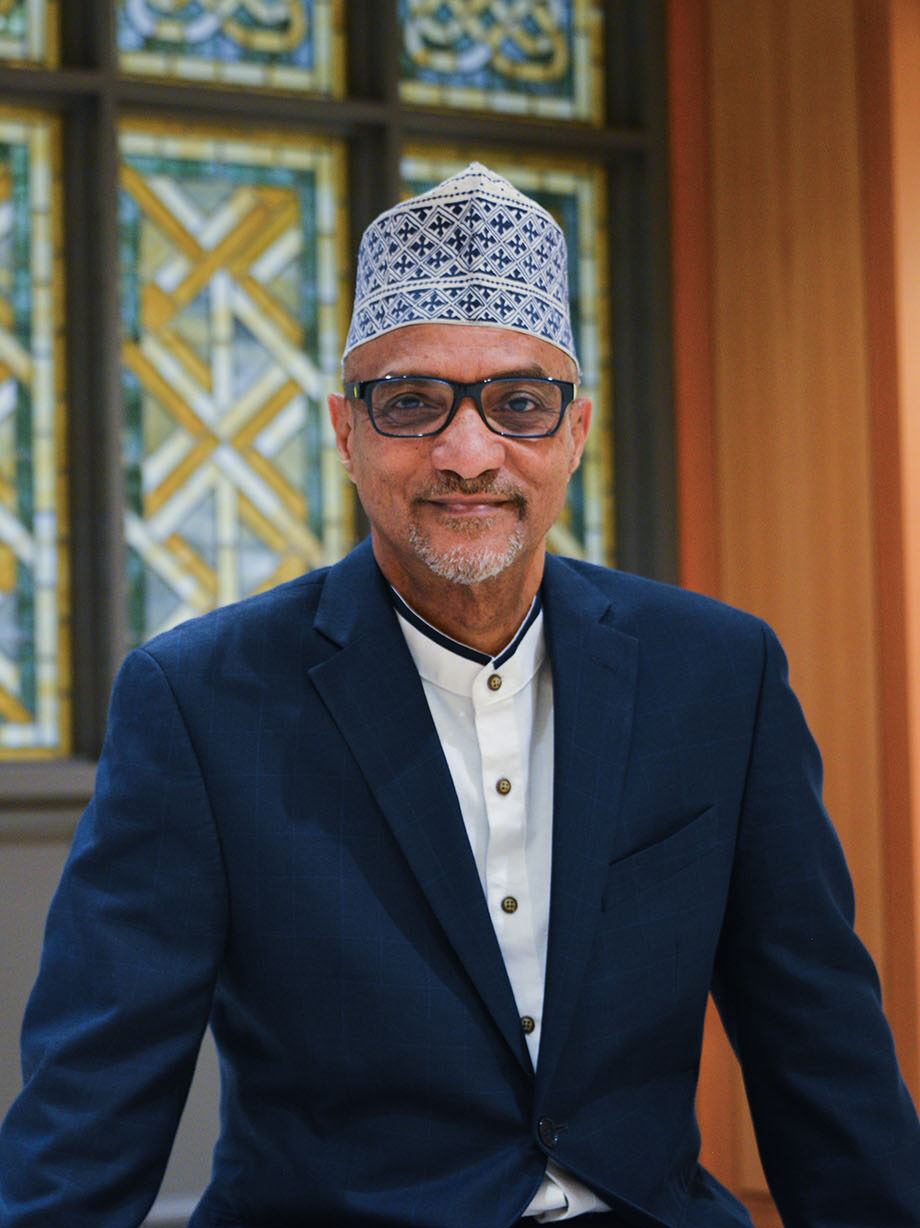
Interreligious solidarity in the wake of 9/11
Omar had only been studying peacebuilding at Notre Dame for a year when World Trade Center attacks occurred in 2001. He recalls feeling “the immense shock and sorrow of that tragic day” and experiencing the heightened scrutiny and suspicion that Muslims faced in its aftermath.
In response, Omar wrote “A Muslim’s Anguish in the Midst of the Attack on America” that draws parallels between extremist distortions of Islam and Christian rationalizations of apartheid. Terrorism cannot be confronted without addressing root causes, he argued, including authoritarian regimes and human rights abuses.
Omar was heartened by the solidarity of religious communities during the racial profiling following 9/11. In response to reports of anti-Muslim reprisal attacks, Jewish and Christian leaders and public officials gathered at the Michiana Islamic Center to express their solidarity. They wrote an open letter, assuring the center’s members that the local religious community was “praying and working for a spirit of active respect and justice within the American society for all its diverse citizens.”
Omar later wrote “Opportunities & Challenges for Islamic Peacebuilding after September 11,” in which he describes how interreligious solidarity ironically became a top priority of religious institutions after 9/11. The challenge for Omar was how to transform this renewed solidarity into a grassroots movement for justice. He argued that “a necessary precondition for an interreligious movement to become self-propelling and sustainable is for interreligious interlocutors to identify and accentuate reasons from within their faith commitments for promoting good relations with people of other religious traditions.”

“Compassion emerges when we refuse to see those affected by injustice as abstract issues but rather see them as human beings”
Learning from exemplars of interreligious solidarity
Omar has turned his research to stories of those who harness religion for compassionate justice, such as Sheikh Musa Khalil, a Muslim peacebuilder in Northern Uganda. In the 2024 article “Toward an Islamic Theology of JustPeace,” Omar writes of Rabia Terri Harris, a founder of a Muslim Peace Forum. From her life, he concludes that “a peacebuilding approach grounded in Islamic principles must be holistic, strategic, and dynamic, embodying the full breadth of salām—not just the absence of conflict, but the active presence of justice, compassion, and human dignity.”
Omar is working on an autoethnography, describing his journey from prison to the academy as shaped by a steadfast belief in “faith as a force for justice.” His struggle for justice is about not just resisting oppression but also transforming religious and social spaces to reflect human dignity. “Whether through interfaith dialogue, gender justice, or challenging racial and economic inequalities,” he states, “my mission remains the same: to serve as an imam, practitioner, and scholar in the pursuit of justice and interreligious solidarity.”
A. Rashied Omar is associate teaching professor of Islamic studies and peacebuilding at the Kroc Institute, Keough School of Global Affairs, and faculty fellow at the Institute for Social Concerns at the University of Notre Dame.
Header and pull quote artwork: Grande Adage by June Edmonds
Courtesy of the artist and Luis De Jesus Los Angeles

A Question of Justice: Marianne Cusato
How can architects design for dignity?
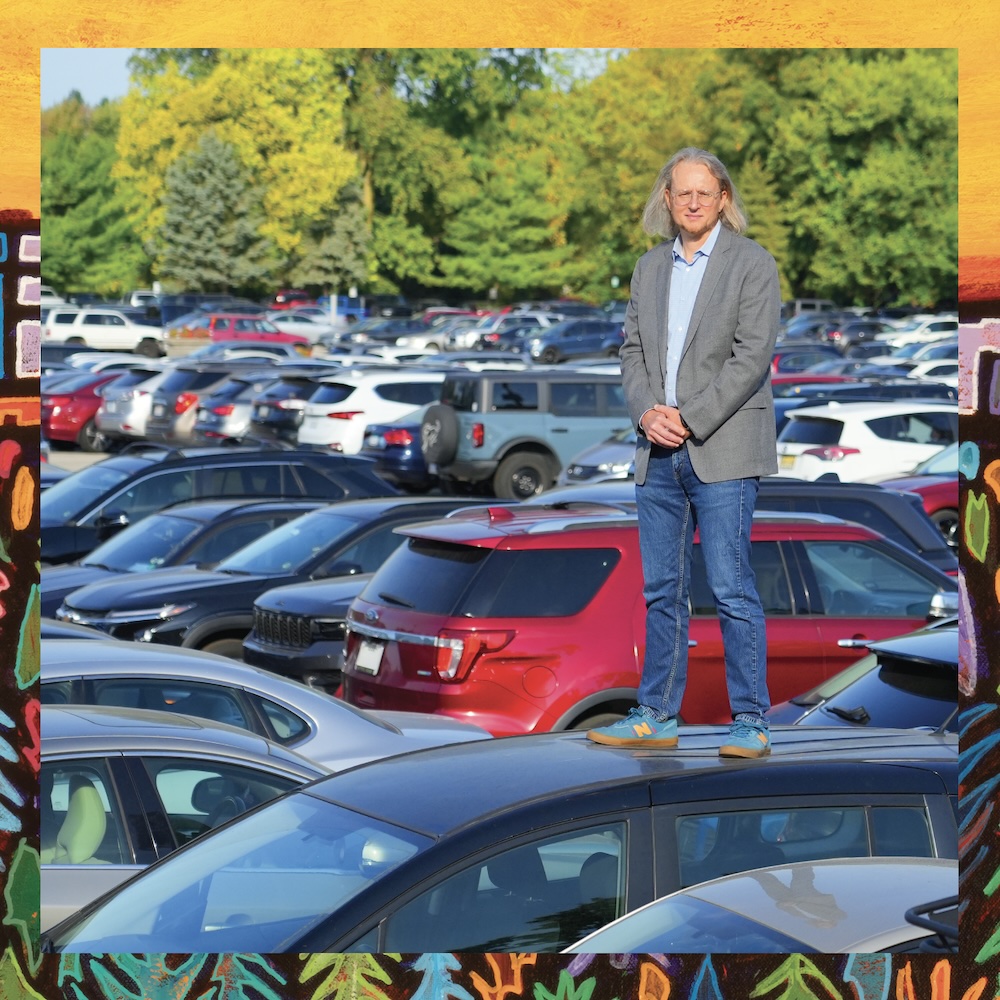
A Question of Justice: Roy Scranton
What does justice look like in the face of civilizational collapse?
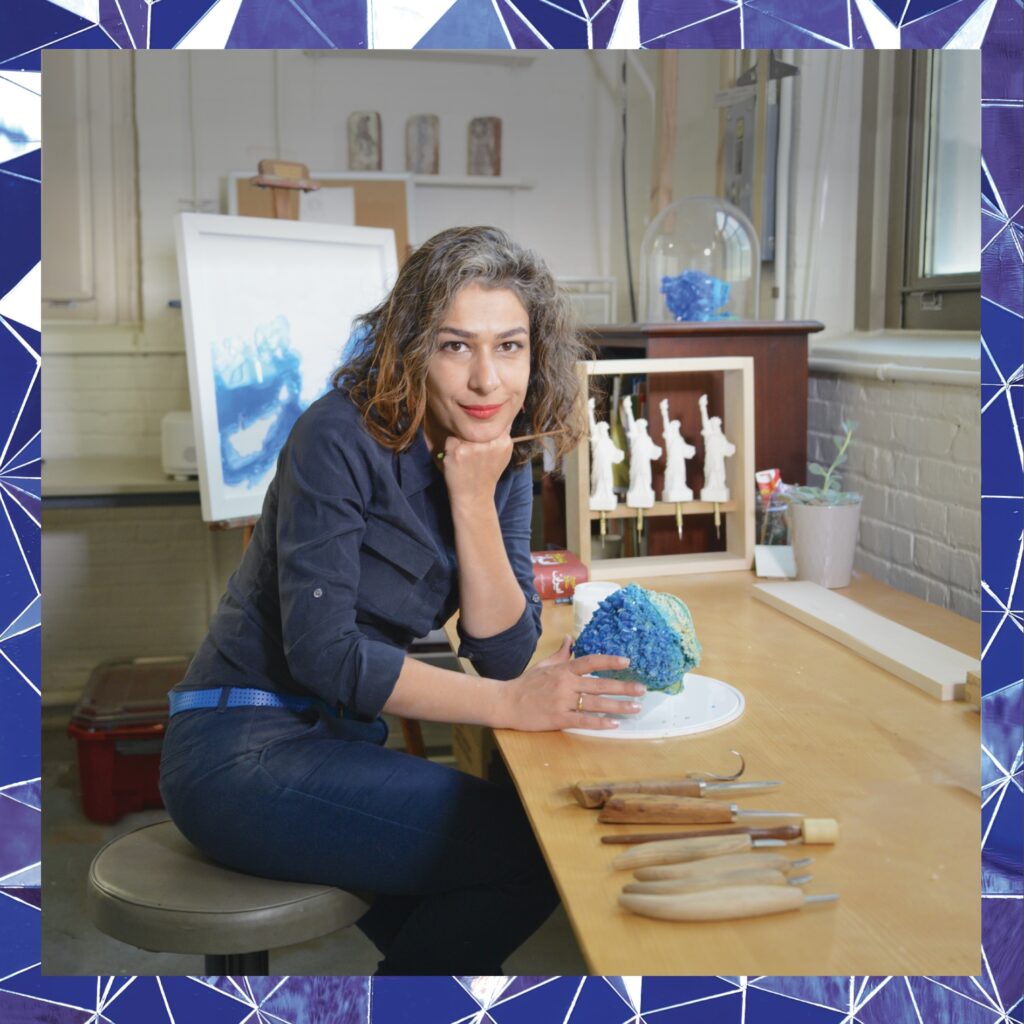
A Question of Justice: Nooshin Javadi
How can art help us face injustice with honesty, humor, and hope?
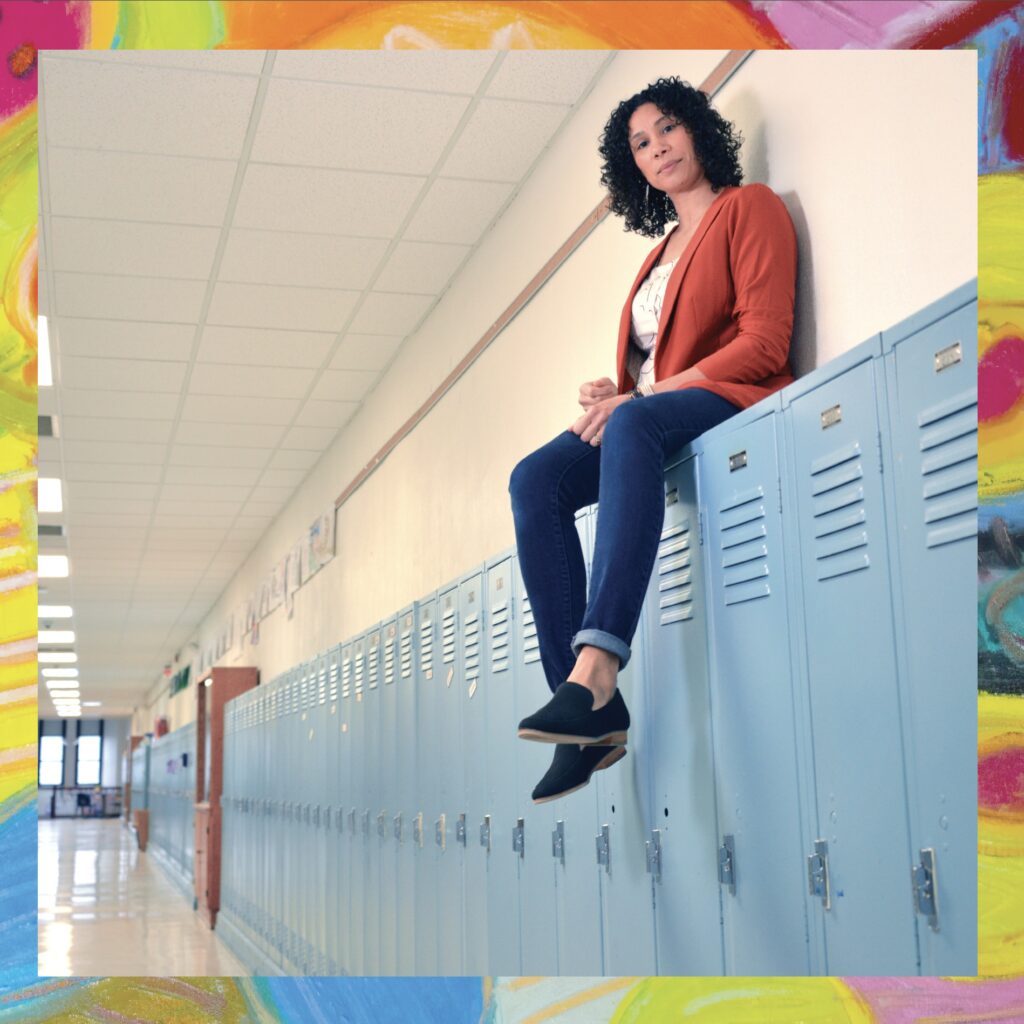
A Question of Justice: Anna Haskins
Why do racial disparities in education persist despite decades of efforts on behalf of equal opportunity and racial justice?
